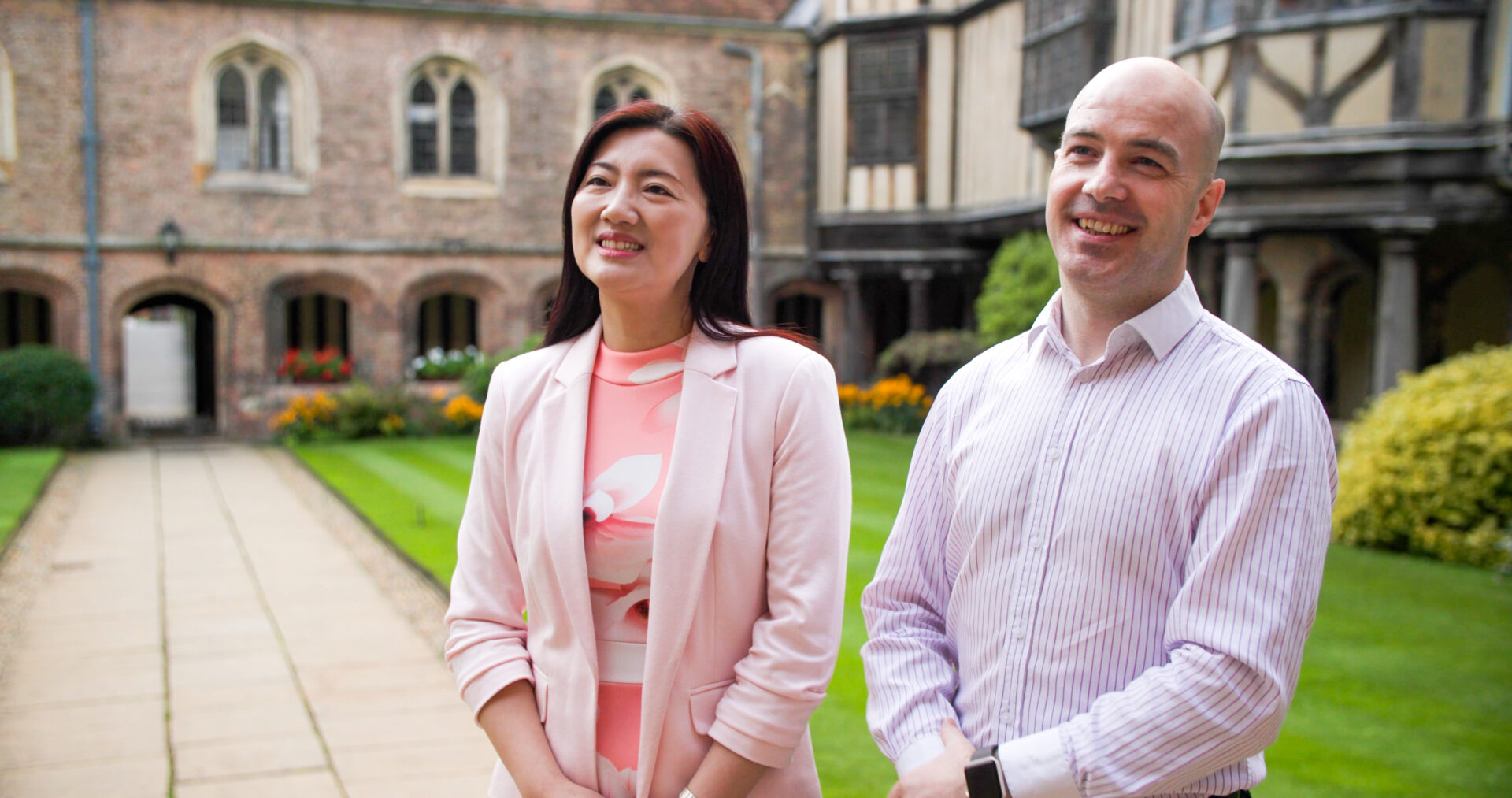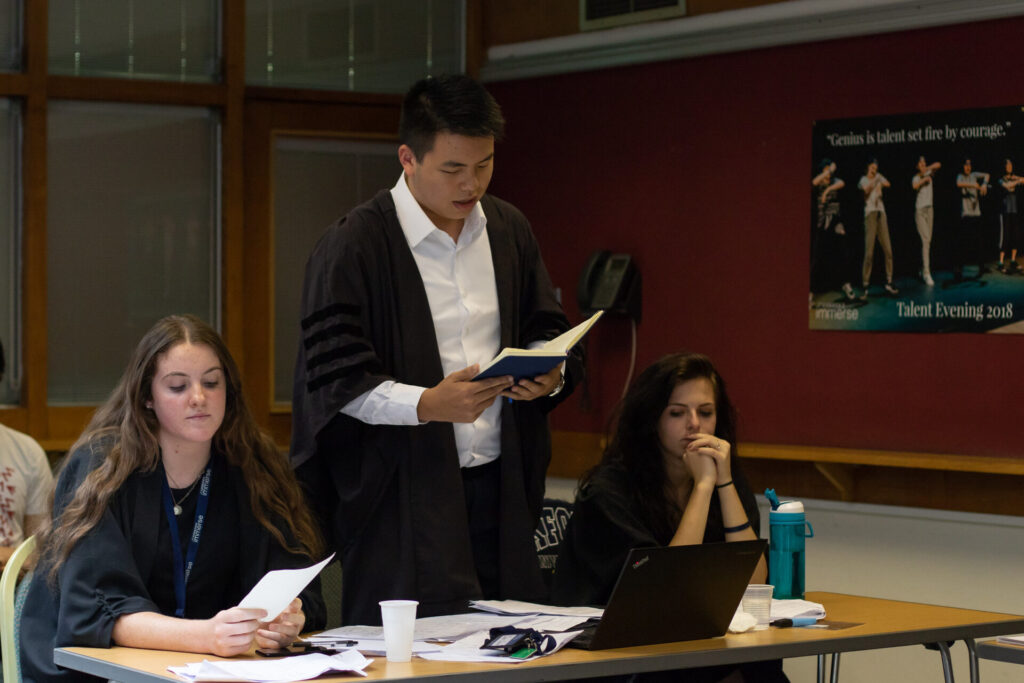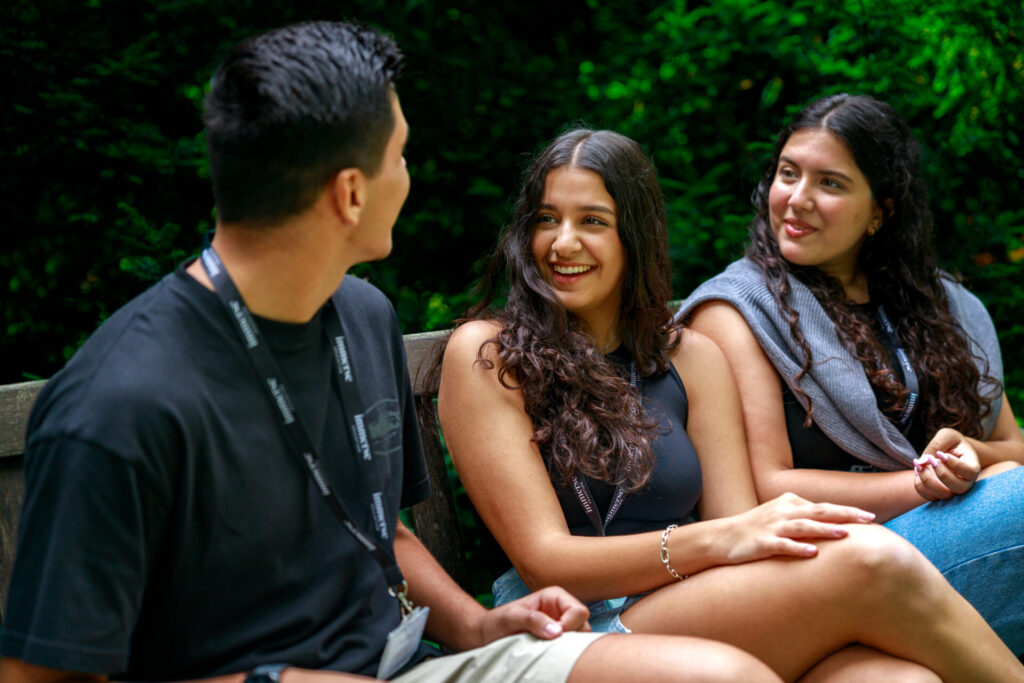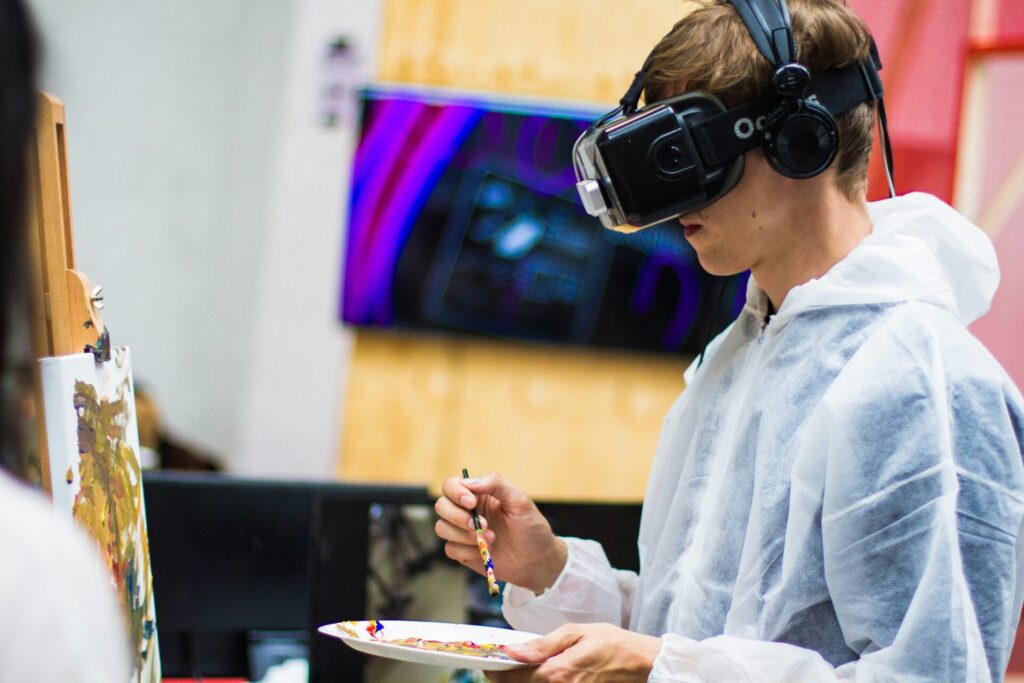They’re the most common questions we hear from parents at Immerse Education:
- “Will this help my child get into Oxford?”
- “Will this boost their Ivy League application?”
- “Will it look good on their UCAS personal statement?”
It’s a fair question. In a high-stakes, hyper-competitive admissions landscape, parents want to give their children every advantage. University offers still carry huge symbolic, emotional, and financial weight. After working with over 20,000 students from 120+ countries – and speaking with dozens of admissions tutors at top universities – I believe we’re asking the wrong question.
The best question to ask isn’t “will this help them get in?” but “will this help them grow into the kind of person who belongs there?”
The most selective universities aren’t just admitting high-achievers. They’re admitting independent thinkers, curious minds, and students with a clear sense of purpose -students who will not just fit into but also build and improve on that university’s culture. And you don’t get that from polishing your CV. You get it from changing the way you see yourself.
The admissions arms race is real – and exhausting.
In 2024, over 25,000 students applied for fewer than 4,000 undergraduate places at Oxford alone. Acceptance rates at top US universities remain in the low single digits. According to UCAS, the number of applicants for competitive courses has increased by 17% over the past three years.
That means two things:
- Strong grades are now a baseline, not a differentiator
- Admissions officers are looking for more holistic signals – authentic interest,
intellectual initiative, and personal insight
“We can tell when a student is ticking boxes versus when they’re genuinely engaged,” says Dr Thomas H., Oxford tutor in History. “The most impressive candidates aren’t the most rehearsed—they’re the most intellectually alive.”
This matters because many students (and parents) are still operating on a 2005 admissions mindset in a 2025 world. Activities are selected based on optics, not alignment, essays are edited to death, and students burn out chasing the perfect profile. The best applications aren’t perfect – they’re personal.
What selective universities are really looking for
Let’s break this down. According to recent admissions frameworks used by Oxford, Cambridge, and top US institutions, selectors are looking for:
- Academic potential: Can the student thrive in an intellectually demanding environment?
- Engagement with subject: Do they show genuine curiosity and depth?
- Analytical ability: Can they think critically, not just reproduce knowledge?
- Independence of thought: Are they original, reflective, and self-aware?
Nowhere on that list is “Did a summer programme.” Come to think of it, there are NO activities on the list at all. No Model UN, no coding bootcamps, no volunteering in a local library, no student council. That’s not because these things don’t matter – but because, in isolation, they don’t prove what universities care most about.
Here’s the nuance: it’s not what you’ve done that counts, but how you’ve done it – and why. A student’s achievements during and takeaways from a summer programme can be incredibly revealing.
At Immerse, we’ve seen students:
- Use an essay competition to discover a subject they now want to study
- Gain the confidence to speak in interviews without freezing
- Build a personal statement based on hands-on workplace projects, not résumé padding
In other words, the outcome isn’t the programme itself – it’s what it unlocks.
Case study: Transforming experience into achievement
Contributor: Eily Hung, Immerse Mentor
Eily Hung is a final-year student at Waseda University’s School of International Liberal Studies in Tokyo, where she studies business, media, and communications. Born and raised in Singapore to a Singaporean-Taiwanese family, she brings a bicultural perspective to her studies and interests. She has studied in Singapore, Japan and the UK, gaining experience in international learning environments.
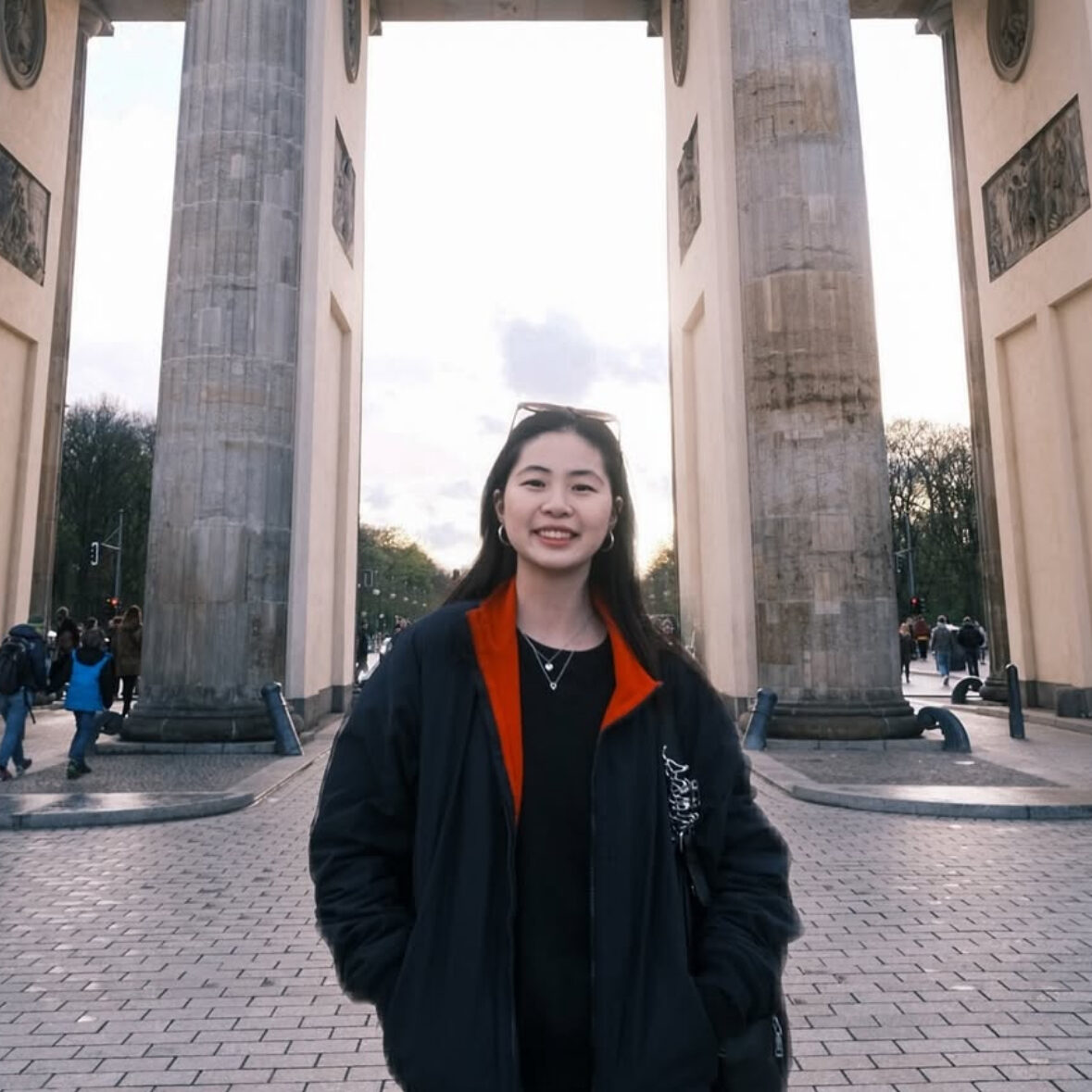
One of the key experiences I reflected on during admissions interviews was a group project I took part in during an international innovation competition. Our challenge was to develop a creative solution to a real-world problem, and my team focused on designing a smartwatch tailored to the needs of elderly users – something that could help with medication reminders, emergency alerts, and basic health monitoring. We passed the initial selection round, but during the semi-finalist stage, we struggled to refine our concept and communicate its unique value clearly in our pitch. We had differing views on which features to highlight and how to frame the problem we were solving, and this made it difficult to present a cohesive vision. Ultimately, we didn’t advance to the final round. Still, the experience taught me a lot about collaboration, adapting under pressure, and finding clarity when faced with competing ideas. It reminded me that growth doesn’t always come from polished outcomes, but from learning how to navigate the messy parts of the process.
Reframing the question: from admissions strategy to identity formation
When a parent asks, “Will this help them get in?”—the real question underneath is: “Will this set them apart?”
And the answer is: only if it helps them grow.
We encourage families to shift their thinking from:
- Transactional → Transformational
- Performance-driven → Process-driven
- Outcome-obsessed → Identity-aware
Because what universities really want is someone who already feels like they belong there – not someone begging to be accepted.
“It’s been a great experience for my daughter. Besides the academics, it’s encouraged her to be more independent. She’s had to navigate a new environment, meet people from all over the world, and manage without us right there. She did really well and didn’t need to text us constantly, which showed she was adjusting.”
Alexander, Parent, Academic Insights in Cambridge“My daughter’s experience has been very positive. She kept updating us on her progress, sharing that she was among the top students in her class when it came to medical techniques like suturing. She even participated in the talent show and received a warm reception from her friends, which boosted her confidence.”
Daniel, Parent, Academic Insights in Cambridge
Join the Immerse Education 2025 Essay Competition
Follow the instructions to write and submit your best essay for a chance to be awarded a 100% scholarship.

What parents can do instead
If you’re a parent wondering how to best support your child’s ambitions, consider this:
- Focus on alignment, not accumulation
Choose activities and experiences that spark genuine interest. - Encourage curiosity
Ask your child what ideas excite them, what questions they want to answer – not what they think admissions officers want to hear. - Support reflection
Help them articulate what they’ve learned from experiences. Why it mattered. What changed. - Look beyond the application
The goal isn’t just an offer. It’s confidence, clarity, and readiness for what comes next.
Final thought: getting in is just the beginning
Selective universities don’t want applicants, They want contributors. People who will show up, speak up, engage deeply, and grow even further once they arrive.
So the real question to ask is:
“Does this experience help my child become the kind of person who will not just get in – but thrive once they’re there?”
If the answer is yes, then it’s worth it. Not just for the application – but for the person they’re becoming.
Want to help your child build academic confidence, independence and purpose? Explore Immerse Education’s summer programmes and global essay competitions at immerse.education.




